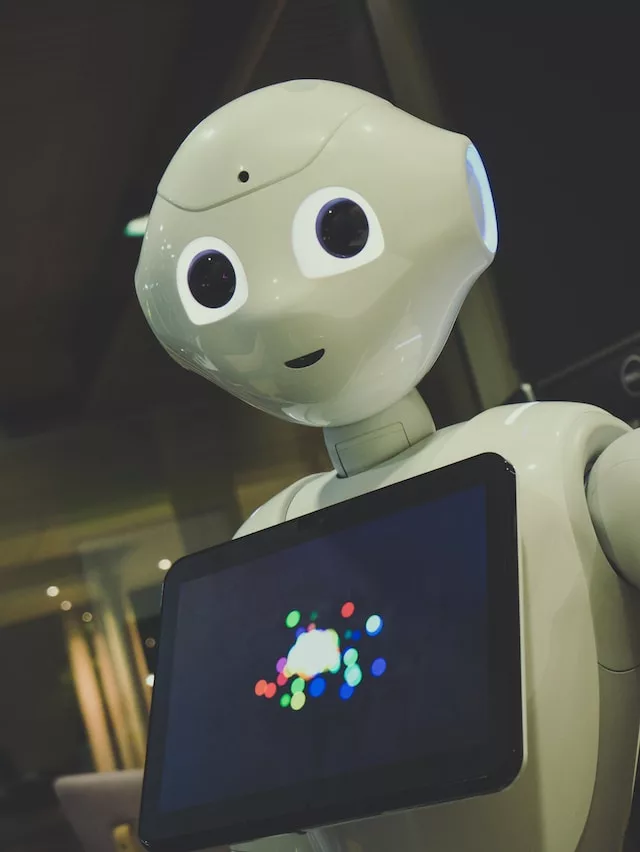Face recognition technology has rapidly advanced in recent years, with applications ranging from smartphone security to law enforcement. In this article, we’ll delve into the world of face recognition, discussing its capabilities, privacy concerns, and the potential for innovation.
Understanding Face Recognition:
Face recognition is a biometric technology that identifies and verifies individuals by analyzing and comparing their facial features. It works by capturing and analyzing patterns, such as the distances between eyes, nose shape, and jawline.
Applications of Face Recognition:
- Security: Face recognition is used for smartphone unlocking, building access control, and border security.
- Law Enforcement: It assists in criminal investigations by matching faces to existing databases.
- Customer Experience: Some businesses use it to enhance customer experiences through personalization and security.
Privacy Concerns:
- Data Security: Storing facial recognition data can pose risks if not properly secured, potentially leading to data breaches.
- Surveillance: The use of facial recognition in public spaces raises concerns about surveillance and privacy invasion.
- Bias and Accuracy: Some facial recognition systems have shown biases in their accuracy, leading to concerns about fairness, especially for people of different races and genders.
Innovation and Controversies:
- Innovative Applications: Facial recognition technology is evolving with innovations in 3D face recognition, emotion analysis, and anti-spoofing measures.
- Controversies: Ethical debates surrounding the use of face recognition in surveillance and law enforcement have led to calls for regulation and oversight.
Future Directions:
The future of face recognition technology may involve addressing privacy concerns through better regulations, improving accuracy and fairness, and exploring innovative applications in fields like healthcare and retail.
As face recognition technology becomes more integrated into our daily lives, it’s essential to balance the benefits it offers with the need to protect privacy and ensure ethical use.

